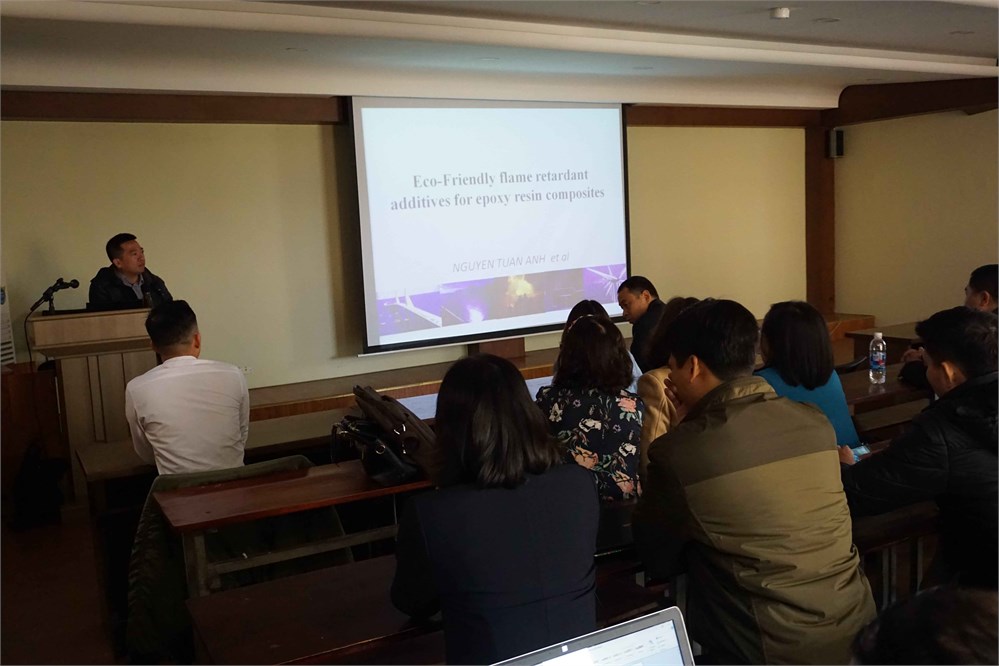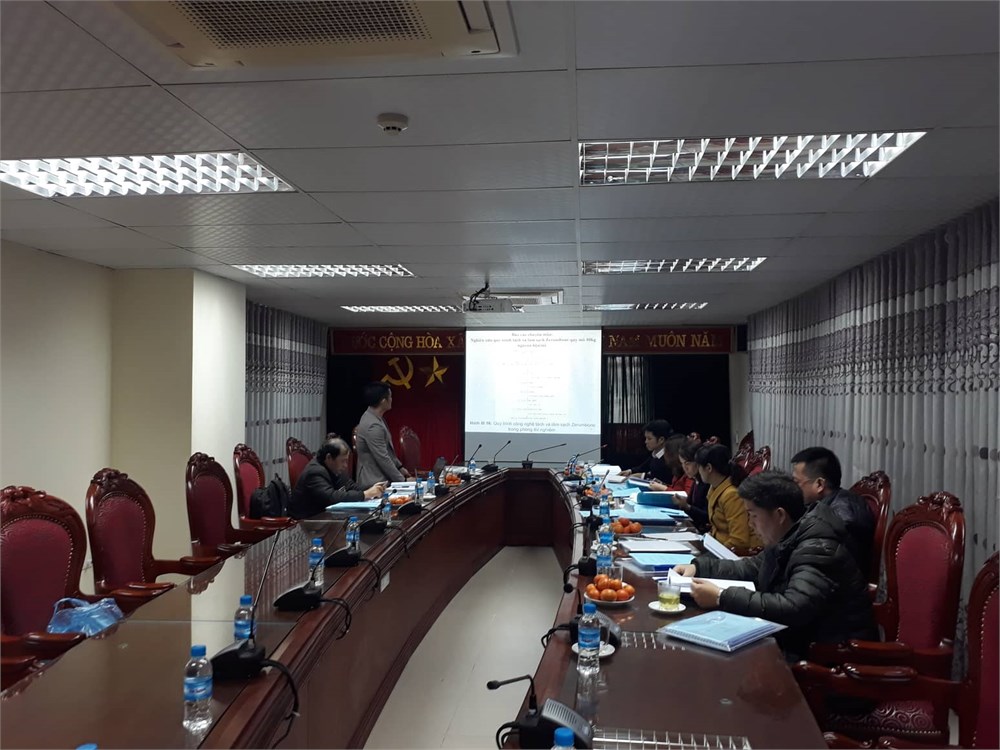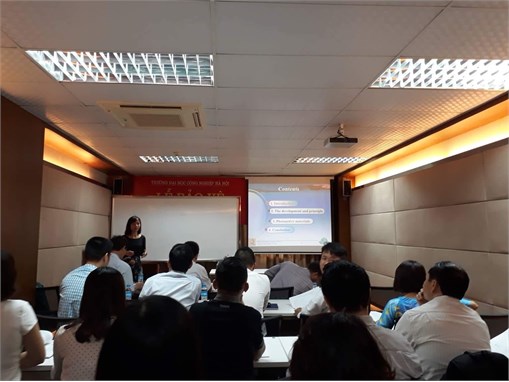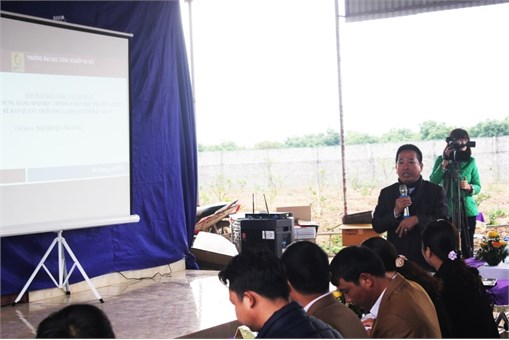Compost as growing media component for salt-sensitiveplants
T.C.V. Do, H.W. SchererDepartment of Plant Nutrition, Institute of Crop Science and Resource Conservation,University of Bonn, Bonn, Germany.
ABSTRACT
Composting has been considerably recognized as a viable management method for solid organic wastes aimed atrecycling of its end-product as a potting substrate for ornamental plants. Pelargonium and Salvia as salt-sensitiveplants were grown in the mixture of compost (75, 50, 25% by volume) and additives (Hygromull, Cocofiber andSPS-standard soil type 73 with 70% peat and 30% clay). Since plants may suffer from a high salt content, thus in afurther experiment compost was added as a partial substitute for peat. The results of the first pot experiment revealthat the large percentage of compost in the substrate had negative effects on plant growth and nutrient uptake (N,P, K and Na). Both yield formation and nutrient uptake significantly increased and almost gained levels of those inthe control in the second pot experiment when plants were grown in peat-based substrates. Especially, the growthof Salvia was significantly improved. Consequently, the compost-based media (> 50% volume of compost) cannotbe recommended for salt sensitive ornamental plants, while less than 25% of compost incorporated into peat creates peat-based substrates which reasonably enhanced growth of Pelargonium and Salvia.
Plant Soil Environ, Vol. 59, 2013, No. 5: 214–220
Toàn văn bài báo: tải về tại đây



